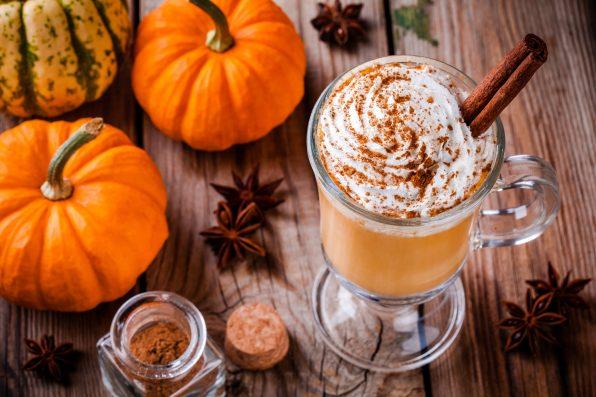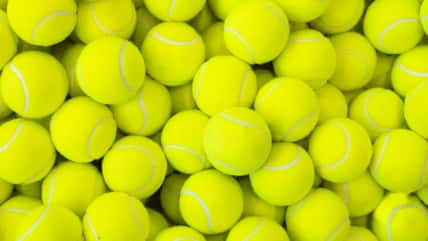You Can Thank Mastodons, Mammoths, And Giant Sloths For The Invention Of Your Pumpkin Spiced Latte Because Without These Massive Prehistoric Animals, The Perfect Environment For The Growth Of Wild Pumpkins And Squashes May Not Have Been Created

There’s nothing quite like pumpkins to herald in the arrival of the fall season. Pumpkin spice lattes are featured heavily during the autumn weeks, and pumpkin pie is a staple of the Thanksgiving holiday. Without them, it wouldn’t be fall at all.
Pleistocene megafauna—mastodons, mammoths, and giant sloths—are the reason we’re able to enjoy the fruit today. Wherever the huge prehistoric animals roamed, they created the perfect environment for wild pumpkins, squashes, and other members of the Cucurbita family to grow.
According to a study conducted by researchers at Pennsylvania State University, the extinction of megafauna, which occurred over 12,000 years ago, led to the evolution of the pumpkins we know and love today.
Researchers analyzed mastodon dung with the seeds of wild gourds still lodged in them to learn more about the creatures’ connection with the plants.
“Lee Newsom (associate professor of anthropology, Penn State and study co-author) has recovered many wild gourd/squash seeds from ancient Mastodon dung, suggesting that large herbivores may have been an important feature in the natural history of these wild plants,” said Logan Kistler, Penn State postdoctoral fellow and NERC Independent Research Fellow at the University of Warwick in the U.K.
Mastodons, giant sloths, and woolly mammoths often chowed down on the wild gourds and expelled the seeds through their dung.
It is believed that the wild pumpkin and squash were not part of the diet of humans or smaller animals back then because the plants were both toxic and bitter in taste. Although they might not have been eaten, they served other functions.
“Rather, they might have been useful for a variety of other purposes like the bottle gourd, as containers, tools, fishnet floats, etc.,” said Kistler.
The animals may have traveled miles away from where the plants originally grew before defecating. As the seeds took root and adapted to their new environment, they grew to be less bitter.

nblxer – stock.adobe.com – illustrative purposes only
When the large mammals became extinct due to the most recent ice age, the plants lost their main distributor of their seeds. With the megafauna gone, humans entered the scene, planted the seeds, and ultimately changed them.
According to Kistler, it seems likely that Cucurbita had been domesticated at least six separate times in six different places. Over the many, many years that have passed since mammoths walked the earth, gourds and squash have developed into the familiar foods and treats that grace our menus today.
So, the next time you’re gobbling up a slice of pumpkin pie or sipping on a pumpkin spice latte, remember to give your thanks to the mastodons and their dung.
If true crime defines your free time, this is for you: join Chip Chick’s True Crime Tribe
Sign up for Chip Chick’s newsletter and get stories like this delivered to your inbox.
More About:News





